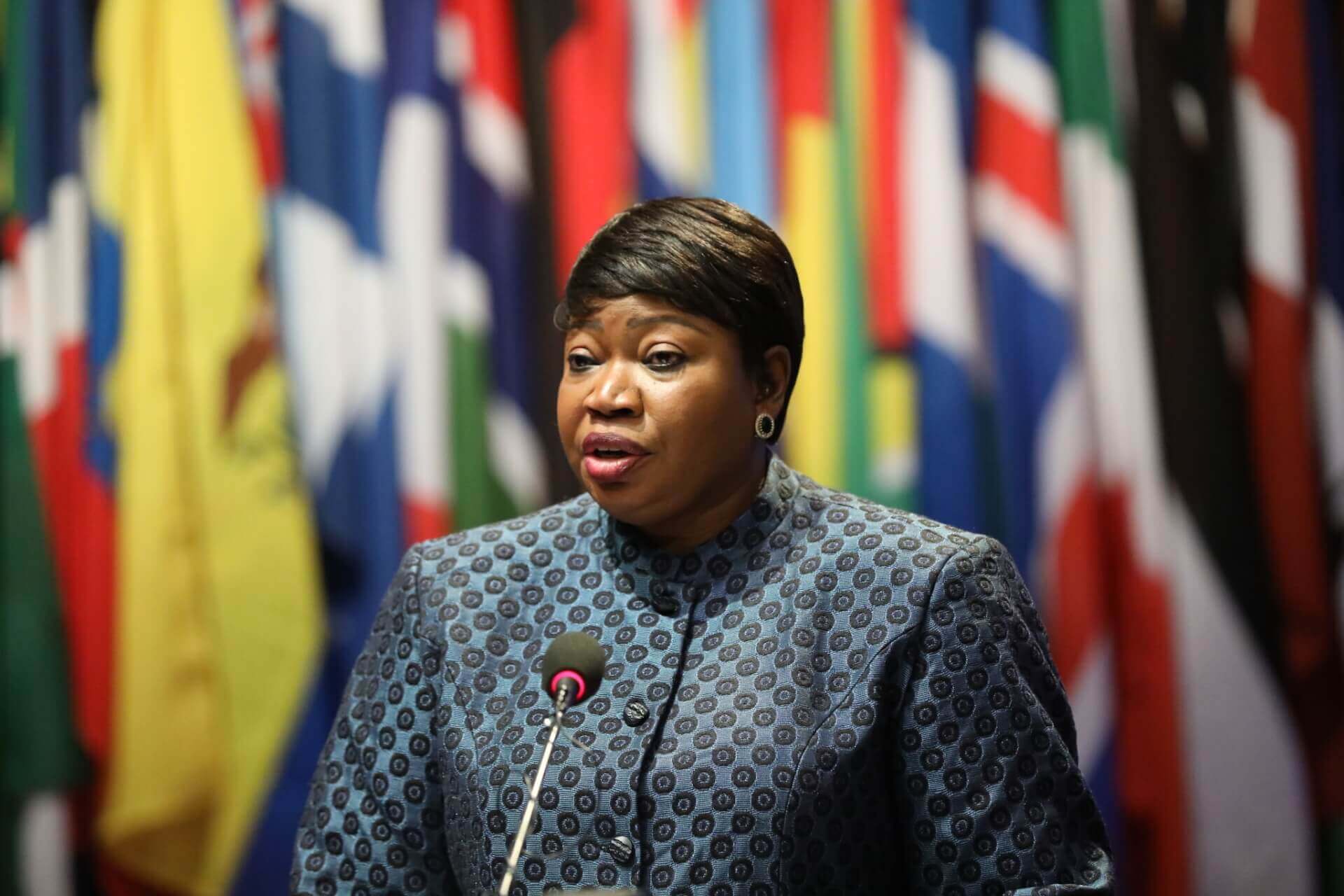The International Criminal Court (ICC) is gearing up to replace the outgoing Fatou Bensouda for the Prosecutor position, with four officially shortlisted candidates. In a two-day process on July 29 and 30, the candidates underwent an interview process, wherein they answered questions from representatives of Assembly of States Parties (ASP) and members of civil society organizations.
The four shortlisted candidates are Morris Anyah from Nigeria, Susan Oklany from Uganda, Fergal Gaynor from Ireland, and Richard Roy from Canada. The Assembly is expected to reach a decision by consensus by December 2020.
George Kegoro, the executive director of the Kenya Human Rights Commission, was delegated to pose questions on behalf of civil society organizations. He said that the interview process “went well” and will “lend credibility” to the process as a whole. He added, “The hearings gave the candidates the opportunity to show what they are capable of, and that allowed them to express their competitiveness. The choice will be difficult.”
Some of the questions they answered were: “Do you think the prosecutor needs to be visible?”, “Would you have any conflicts of interest if you are elected?”, and “Which criteria should guide the selection of cases handled by the Office of the Prosecutor?”
The official shortlist has been opposed by some members of the ICC, such as Kenya, whose Ambassador to the Netherlands, Lawrence Lenayapa, has officially “rejected” them in a letter to the President of the ASP, O-Gon Kwon. He remarked that they have “relatively limited managerial experience in large international institutions and do not have demonstrable diplomatic experience, particularly in engagement with States”. He also made clear his objection to the unsaid rule that the position be held by an individual from a different region each time, which puts African candidates at a disadvantage, given that the current Prosecutor, Fatou Bensouda, hails from Gambia.
Likewise, Ivory Coast’s ambassador to the Netherlands, Hamza Sallah said that “none of the candidates have a civil law background” in his letter to O-Gon Kwon, emphasizing on the need for candidates with “proven experience”.
Bensouda’s contract expires on June 15, 2021. The prosecutor of the ICC is elected for a nine-year, non-renewable term by the ASP. Bensouda took office on June 15, 2012 after she was elected through a consensus decision during the 10th session of the ASP in December 2011.
After the Rome Statute was adopted in 1998, the ICC came into force in 2002, and was established to prosecute individuals for genocide, crimes against humanity, war crimes, and the crime of aggression.
In the recent past, the United States has escalated its opposition to the Court’s investigation into war crimes and crimes against humanity in Afghanistan. The US is not a signatory of the ICC and its Rome Statute, and does not acknowledge its authority over American citizens. In June, President Donald Trump signed an executive order that imposed sanctions on all ICC employees involved in the Afghanistan case by blocking their assets and their entry into the US. Secretary of State Mike Pompeo has also warned the ICC that the US would “exact consequences” if it pressed ahead with investigations into crimes against Palestinians in the West Bank and the Gaza Strip.
International Criminal Court Gears up to Replace Outgoing Prosecutor Fatou Bensouda
Bensouda’s nine-year term is set to expire in June 2021.
August 4, 2020

IMAGE SOURCE: ICCICC Chief Prosecutor Fatou Bensouda
